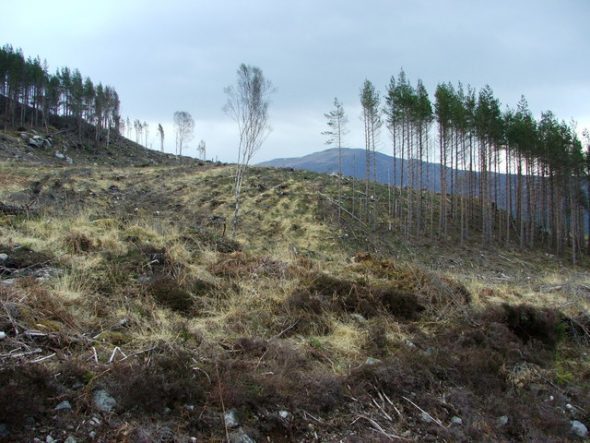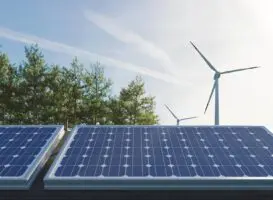Australia is ranked among 20 countries whose natural capital is in decline, according to a UN-led report unveiled today.
The Inclusive Wealth Report 2012 (IWR), a joint initiative launched at Rio+20 by the International Human Dimensions Programme on Global Environmental Change (UNU-IHDP) and the United Nations Environment Programme (UNEP), says six of these national also saw a decline in their inclusive wealth, putting them on an unsustainable track.
The report is part of a UN-led initiative which hopes to shift the world’s singular focus on economic growth to one that values sustainability – a shift it says is vital, if we are to slow a rapid and largely irreversible depletion of natural resources that will seriously harm future generations.
The initiative also includes the launch of the Inclusive Wealth Index (IWI) – a new indicator aimed at encouraging sustainability, which looks beyond the traditional economic and development yardsticks of Gross Domestic Product (GDP) and the Human Development Index (HDI) to include a full range of assets such as manufactured, human and natural capital, shows governments the true state of their nation’s wealth and the sustainability of its growth.
The IWR looked at changes in inclusive wealth in 20 countries – Australia, Brazil, Canada, Chile, China, Colombia, Ecuador, France, Germany, India, Japan, Kenya, Nigeria, Norway, the Russian Federation, Saudi Arabia, South Africa, USA, United Kingdom and Venezuela – which together account for almost three quarters of global GDP, from 1990 to 2008.
Russia, Venezuela, Saudi Arabia, Colombia, South Africa and Nigeria were the nations that failed to grow, while high population growth with respect to IWI growth created unsustainable conditions in five of the six countries mentioned above.
Over the period assessed, natural resources per-capita declined by 33 per cent in South Africa, 25 per cent in Brazil, 20 per cent in the US, and 17 per cent in China. Of all the 20 nations surveyed, only Japan did not see a fall in natural capital, due to an increase in forest cover.
The report also found that, despite registering GDP growth, China, the US, South Africa and Brazil were shown to have significantly depleted their natural capital base, the sum of a set of renewable and non-renewable resources such as fossil fuels, forests and fisheries.
If measured by GDP, the report points out that the economies in China, the United States, Brazil and South Africa grew by 422 per cent, 37 per cent, 31 per cent and 24 per cent respectively between 1990 and 2008. However, when their performance is assessed by the IWI the Chinese and Brazilian economies only increased by 45 per cent and 18 per cent. The United States’ grew by just 13 per cent, while South Africa’s actually decreased by 1 per cent.
The primary driver of the difference in performance was the decline in natural capital. With the exception of France, Germany, Japan, Norway, the United Kingdom and the United States, all countries surveyed have a higher share of natural capital than manufactured capital, highlighting its importance. Human capital, meanwhile, has increased in every country and is the prime capital form that offsets the decline in natural capital in most economies.
The report says there are clear signs of trade-off effects between the different forms of capital. For example, technological innovation and/or oil capital gains (due to rising prices) have outweighed the decline in natural capital and damages from climate change, moving a number of countries including Russia, Nigeria, Saudi Arabia and Venezuela – from an unsustainable to a sustainable trajectory.
The report, which will be produced every two years, recommends that countries with diminishing returns in natural capital should invest in renewable natural capital – such as reforestation and agricultural biodiversity – to improve their IWI, as well as the well-being of their citizens.
It also recommends that nations should incorporate the IWI within planning and development ministries to encourage the creation of sustainable policies, and speed up the process of moving from an income-based accounting framework to a wealth accounting framework.
As 2015 fast approaches, the deadline for meeting the (Millennium Development Goals), it is clear that the opportunities for many developing countries to achieve their goals may be compromised if the present rates of decline of various crucial ecosystem services continue,” said UN Under-Secretary General and Rector of the United Nations University, Professor Konrad Osterwalder. “In order to reverse this decline, we need a natural capital accounting framework that takes into consideration the value of ecosystem services in relation to the wealth of nations.”








